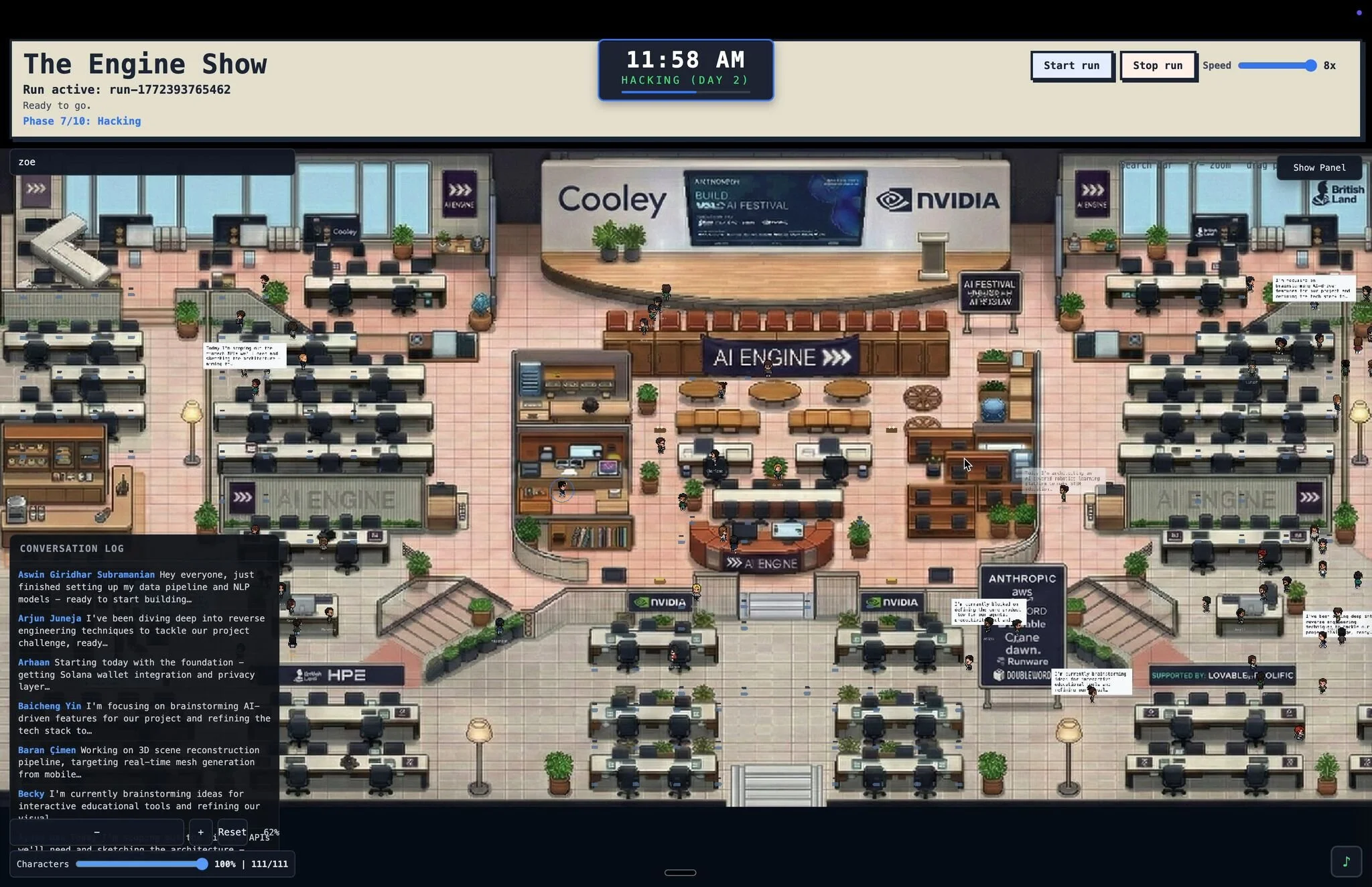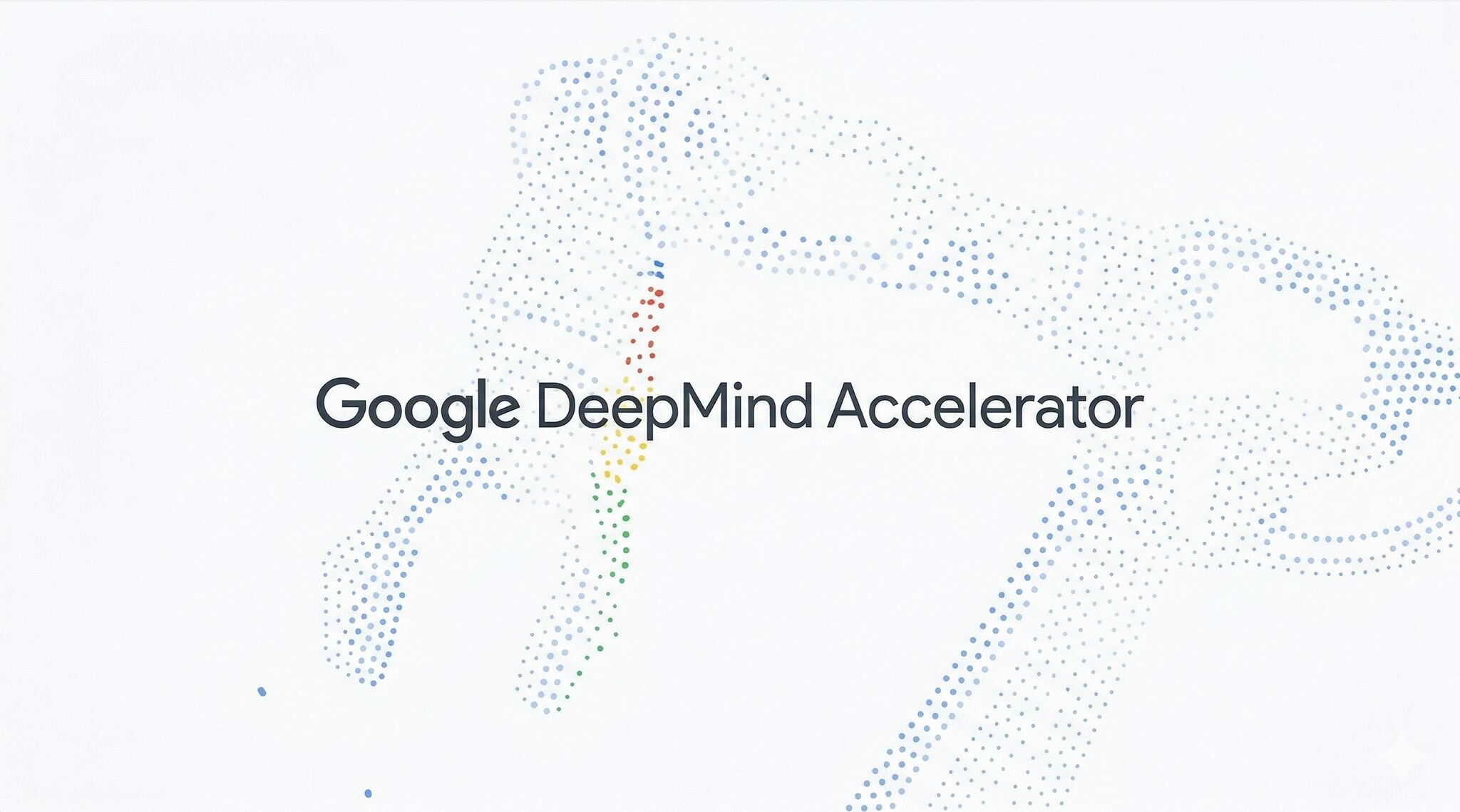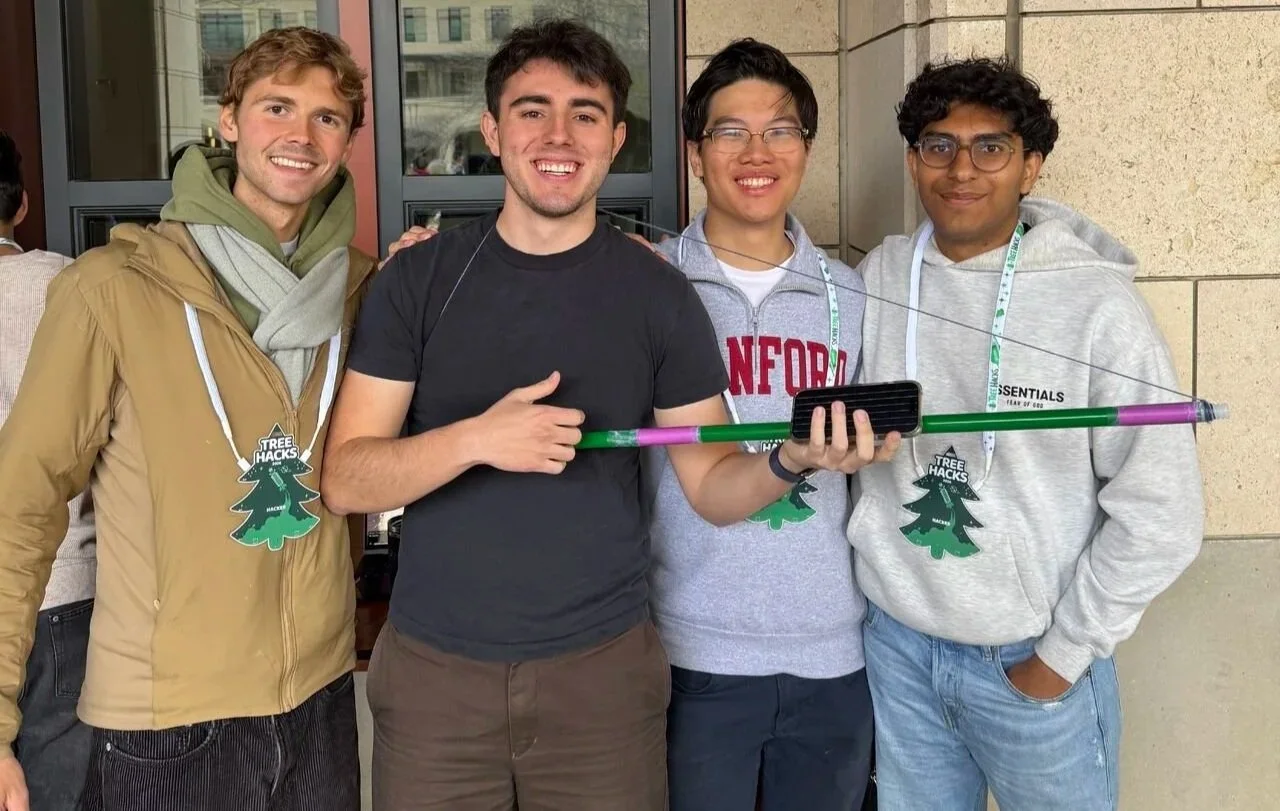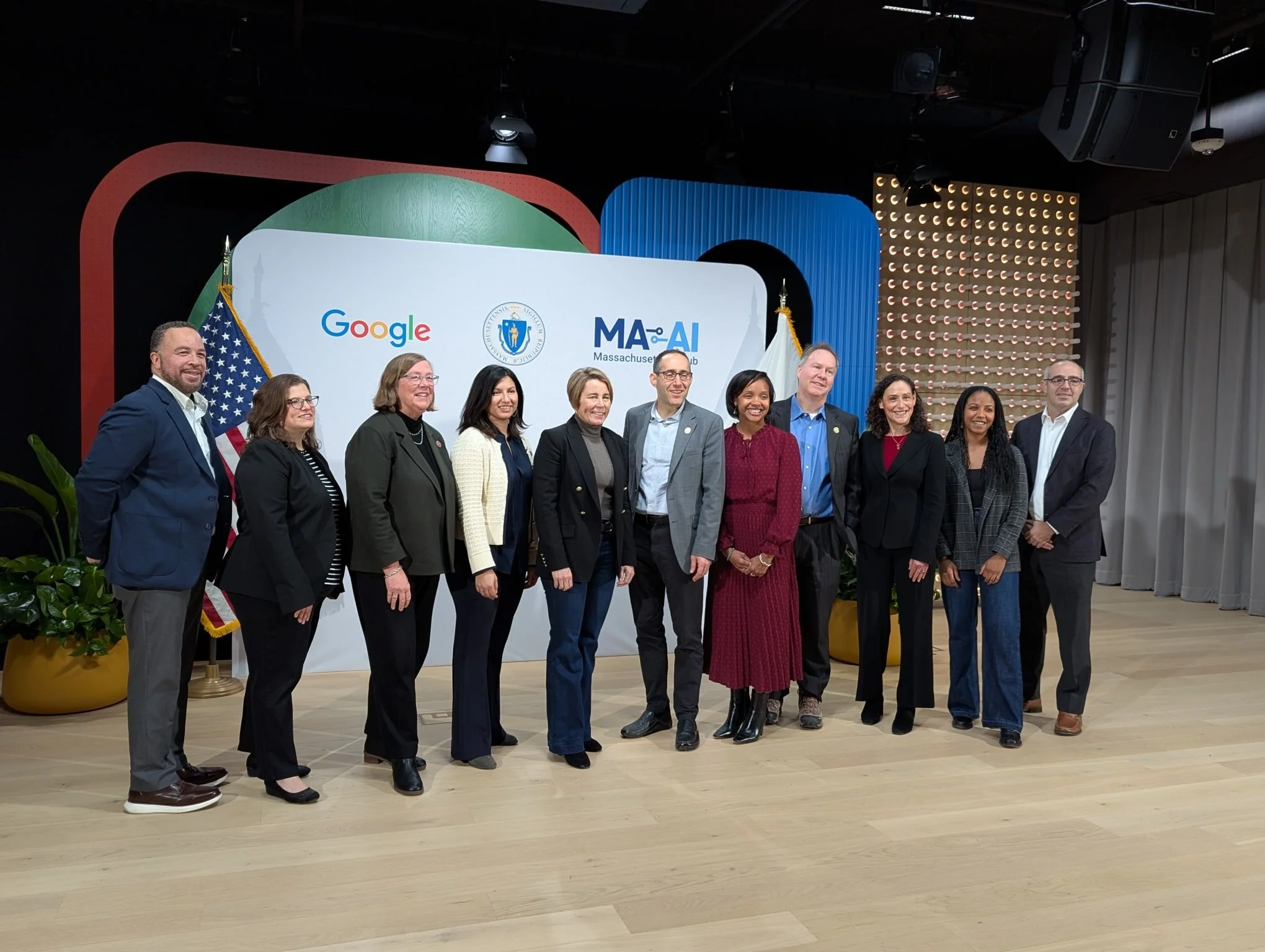27 universities across 17 countries connect to create global benchmark for higher education institution AI readiness
The Digital Education Council has launched the Ten Dimension AI Readiness Framework, pitched as a structure for higher education institutions to assess their current state, identify gaps, and align AI initiatives with long-term institutional goals.
Developed by the DEC 2025 AI Working Group, and chaired by Professor Sean McMinn from The Hong Kong University of Science and Technology, this introduces ten dimensions, four principles, and four readiness levels. It is grounded in analysis of 17 institutional use cases and reflects shared insights from institutions across Asia, Europe, Africa, and America.
It was co-developed by delegates from institutions including HKUST, Tecnológico de Monterrey, EDHEC, University of California Berkeley, Singapore Management University, and others across Europe, Asia, Africa, and America, and includes case studies that highlight both challenges and scalable solutions in institutional AI adoption.
“Artificial intelligence is having an increasing impact on higher education, prompting structural changes in curriculum, assessment, governance, and research. Addressing this requires systems thinking to move beyond fragmented innovation. The Ten Dimensions AI Readiness Framework offers a holistic structure to support coherent, institution-wide strategies. Co-designed by universities through the DEC network, the framework reflects a global, collaborative effort to responsible AI integration,” says McMinn.
“At HKUST, we've used the framework to map current initiatives, identify strategic gaps, and form a cross-unit steering committee. It has already shaped new directions, including policy updates and course redesigns that embed AI literacy and responsible use into education.”
“What makes this framework unique is that it was shaped by universities, for universities. It reflects our shared commitment to building AI capacity through collaboration and intentional leadership,” says Alessandro Di Lullo, CEO of the Digital Education Council.
“This framework gives institutions a way to move forward in a practical, measurable way with lots of guidance from real case studies,” adds Danny Bielik, President of the Digital Education Council.
RTIH AI in Retail Awards
Our sister title, RTIH, organiser of the industry leading RTIH Innovation Awards, proudly brings you the first edition of the RTIH AI in Retail Awards, which is now open for entries.
As we witness a digital transformation revolution across all channels, AI tools are reshaping the omnichannel game, from personalising customer experiences to optimising inventory, uncovering insights into consumer behaviour, and enhancing the human element of retailers' businesses.
With 2025 set to be the year when AI and especially gen AI shake off the ‘heavily hyped’ tag and become embedded in retail business processes, our newly launched awards celebrate global technology innovation in a fast moving omnichannel world and the resulting benefits for retailers, shoppers and employees.
Our 2025 winners will be those companies who not only recognise the potential of AI, but also make it usable in everyday work - resulting in more efficiency and innovation in all areas.
Winners will be announced at an evening event at The Barbican in Central London on Wednesday, 3rd September.
This will kick off with a drinks reception in the stunning Conservatory, followed by a three course meal, and awards ceremony in the Garden Room.
Please email our Editor, Scott Thompson, if you have any questions or need further information: scott.thompson@retailtechinnovationhub.com
Key 2025 dates
Friday, 18th July: Award entry deadline
Tuesday, 22nd July: 2025 finalists revealed
Wednesday, 23rd July - Friday, 8th August: Judging days
Wednesday, 3rd September: Winners announced at the 2025 RTIH AI in Retail Awards Ceremony, to be held at The Barbican in Central London.































